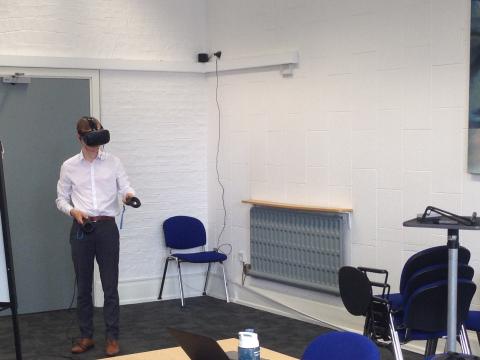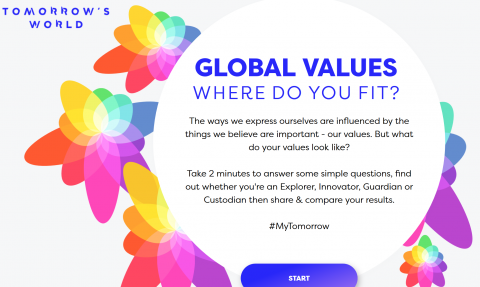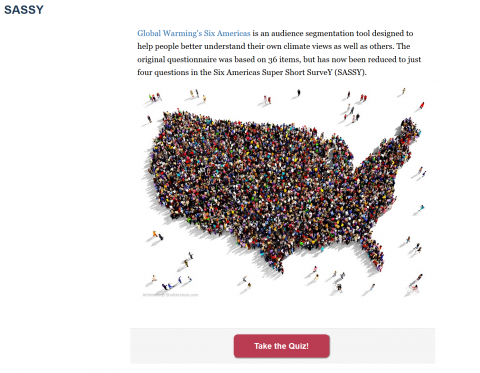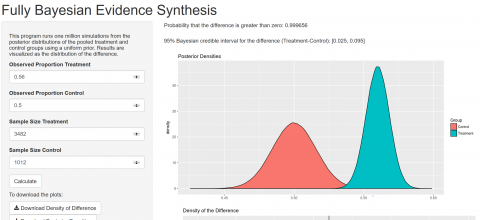The lab uses a wide variety of methods, ranging from computational simulations and big data to national surveys, online experiments, and real-world field interventions.
For example, we have recently started to use Virtual Reality (VR) as a novel way to investigate human behaviour in a range of contexts from reducing psychological distance around climate change impacts to simulating (anti)social decision-making scenarios.

Real-world interventions include the award-nominated Fake News Game, Bad News which is based on inoculation theory and lets players step into the shoes of a fake news producer. The browser game designed in partnership with DROG and studio Gusmanson has been translated into 14 languages with the UK Foreign Office. Other partners include social media companies such as WhatsApp and The Behavioral Insights Team.

www.getbadnews.com or www.fakenewsgame.org
The lab also created an interactive quiz in collaboration with BBC's Tomorrow's World that looks at the large-scale aggregation of human values. The quiz allows you to compare your value priorities to those of your peers and includes a visual simulation of society's future based on your unique value profile.

Together with the Yale Program on Climate Change Communication at Yale University we have designed SASSY — the Six Americas Short Survey, Yay! Using a supervised machine learning approach, SASSY is a questionnaire and model that sorts respondents into their respective audience groups based on just four items. SASSY is like a short personality quiz that can help you quickly identify which of the Six Americas you belong to and see how your views about global warming compare with other Americans.

We are also interested in advancing statistical methodologies for the behavioural sciences. We have designed a user-friendly application that allows researchers to estimate and visualize the full posterior density distribution of the average treatment effect across experiment and control groups (A "fully Bayesian Evidence Synthesis").

